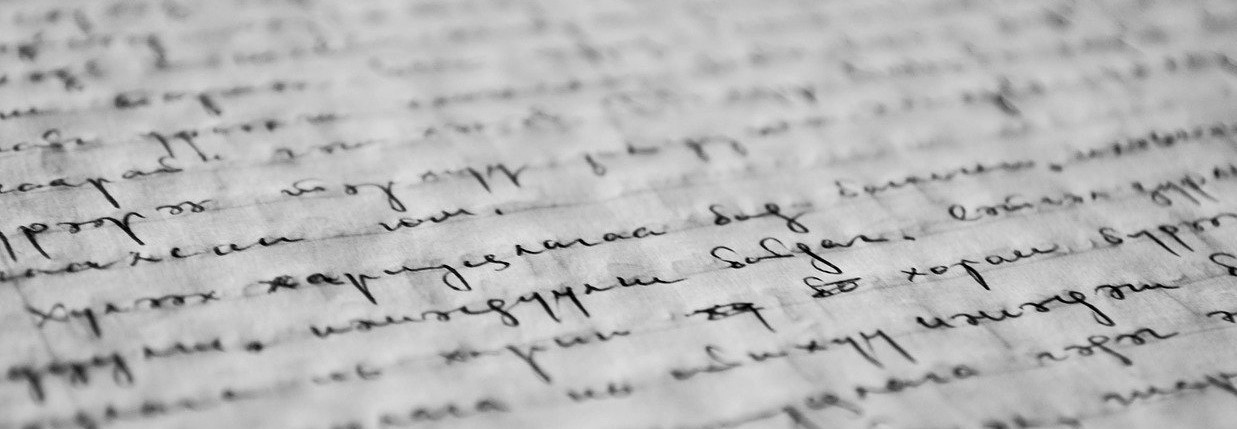Did the Companions Have Manuscripts of the Qur’an?
Question: 1) Is it true that there once existed a manuscript of the noble Quran that was accepted by the Ummah and is known in history as the manuscript of the noble Sahaba Ubbay ibn Kaab(RA)? Furthermore, does Chapter 33:6 include the words “He is a father to them,” even though when we read the noble Quran, it does not include the highlighted phrase?
2) Is it true there is a narration in Sunan Tirmidhi that refers to an incident where Abdullah ibn Masud(RA) told the people of Kufa to not take the noble Quran from Zaid ibn Thabit(RA) and not give it to Uthman ibn Affan(RA) when Muslims were ordered to submit all the copies they have in their possession? This hadith is regarded as Sahih. If it is true then why were the Companions reluctant?
3) Is it true that it is authentically narrated through multiple hadith that Surah Ahzab originally contained 200 verses, but we only read 73 in the Noble Quran today?
Answer:
Wa ‘alaykum assalam wa rahmatullah wa barakatuh.
I pray you are well.
Did Ubayy b. Ka’b Have His Own Manuscript?
Yes, he did. As did many of the companions. There were copies of the text which was written in the presence of the Prophet (Allah bless him and give him peace) when he dictated the Qur’an after each section was revealed.
There is nothing controversial about this. All these manuscripts were burned – with the agreement of the companions – after the official state manuscripts were commissioned by ‘Uthman.
Yes, the wording “and he is a father to them” has been narrated from Ubayy and Ibn Mas’ud, but it is not Qur’an. Rather it would have been an explanation of the meaning. It cannot be treated as Qur’an in any way seeing as it is not mass transmitted.
Did Ibn Mas’ud Tell People To Not Submit Their Copies For Burning?
Yes, however, he later retracted this position and submitted his own copy, as the Imams Ibn Kathir and Dhahabi has pointed out. The issue was that he felt he was better qualified to compile and document the Qur’an than Zayd ibn Thabit.
However, Zayd had memorized the Qur’an completely by the time the Prophet (Allah bless him and give him peace) passed away and was much younger, so better suited to bear the difficulties of this burden. This is why Abu Bakr, ‘Umar, and later, ‘Uthman chose him. Ibn Mas’ud had only learned seventy-odd suras by then. He learned the rest later. The experience from the first time made Zayd even more suited for the second time.
(Qurtubi, Tafsir Qurtubi, Ibn Kathir, al Bidaya wa al Nihaya, Dhahabi, Siyar A’lam al Nubala)
The narration is sahih, but that is just a classification of its strength as a narration. It is not a doubt on the preservation of the Qur’an.
Did Sura al Ahzab Actually Have 200 Verses Initially?
No, it did not. This is a rumor that some of the Shi’ites spread, saying many verses praising the family of the Prophet (Allah bless him and give him peace) were omitted by the Companions. This is baseless and clear to anyone who has a deep grasp of the sura – let alone an understanding of the mass transmitted nature of the Qur’an’s preservation.
The Shi’ite mufassir, Fadl b. Hasan al Tabrasi, refuted this claim in this tafsir, ”As for additions to the Qurʾān – everyone agrees that this is evidently false. And omissions from it are even more of an impossibility.”
I urge you to take our course, ‘Ulum al Qur’an, on the Qur’anic sciences, and our course on the preservation of the Qur’an, From Revelation to Preservation. Do not listen to anyone who tries to cast doubts in the matter. The experts of the field have established water-tight proofs on the matter.
May Allah grant you the best of both worlds.
[Shaykh] Abdul-Rahim
Checked and Approved by Shaykh Faraz Rabbani
Shaykh Abdul-Rahim Reasat began his studies in Arabic Grammar and Morphology in 2005. After graduating with a degree in English and History he moved to Damascus in 2007 where, for 18 months, he studied with many erudite scholars. In late 2008 he moved to Amman, Jordan, where he continued his studies for the next six years in Sacred Law (fiqh), legal theory (Usul al-fiqh), theology, hadith methodology, hadith commentary, and Logic. He was also given licenses of mastery in the science of Quranic recital and he was able to study an extensive curriculum of Quranic sciences, tafsir, Arabic grammar, and Arabic eloquence.
